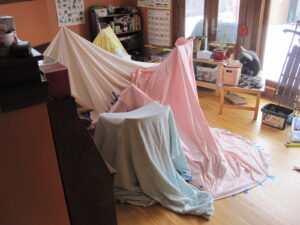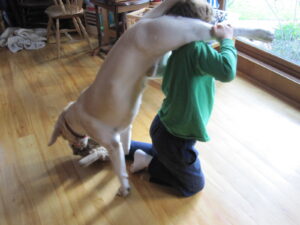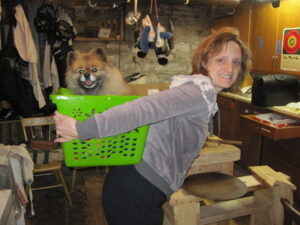So anyhow. To continue where I left off last week…
Quakers (and Quaker fakers like my family) talk about holding people “in the light”. To me, this is equivalent to “I’ll pray for you” or “I’m thinking about you” or “I’m holding you in my heart.” We also believe that The Divine exists in each person, though with some folks you might have to look a little harder.
All this light and Divine stuff might put people off. And looking and seeing sound sight-dependent. I’m tempted to spin off on a tangent at this point of perceiving radiance that ultimately is too foofoo even for me.
As I think about compassion and unconditional generosity, my brain strays to the Systems of Psychotherapy course I took at Oberlin. Carl Rogers, a humanistic psychologist, believed that the “unconditional positive regard” within the context of the therapeutic relationship sets the stage for clients’ personal growth, that people need to feel safe and accepted in order to make progress in therapy. That sentence was way too long. Sorry.
What if we apply “unconditional positive regard” to everyday life? Maybe I can’t manage compassion or even generosity. Can I at least guarantee that I will attempt to listen and understand, to accept and love (in the most generic bunnies-and-unicorns sense of the word)? Oh, I hear the skeptics piping in: What about the psychopaths and serial killers and bullies and fur-wearers? You can’t expect me to unconditionally positively regard a psychopath!
This is where the internet does us no great favor. We can read ad nauseum about plane crashes, terrorist bombings, school shootings, and stranger abductions. In this fear-driven culture, it’s hard to envision a state of unconditional positive regard.
Take another step down to unconditional neutral regard. I just made that up. Can I at the very least meet people from a neutral place, without pre-judgement or assumption?
No. But I can try.
I’ll practice and maybe work my way up to unconditional positive regard. At least with family members. I feel relatively safe assuming that my husband doesn’t want to chop me up and bury me under the lilac tree. Remembering that he, in fact, wants me to thrive, could transform even the most mundane of our daily interactions. How fortunate are we.
From my position of security in the fourth layer of Maslow’s Hierarchy of Needs, I can contemplate dipping my toes into the pure waters of altruism and compassion. For that I’m grateful.
Will you swim with me?


































